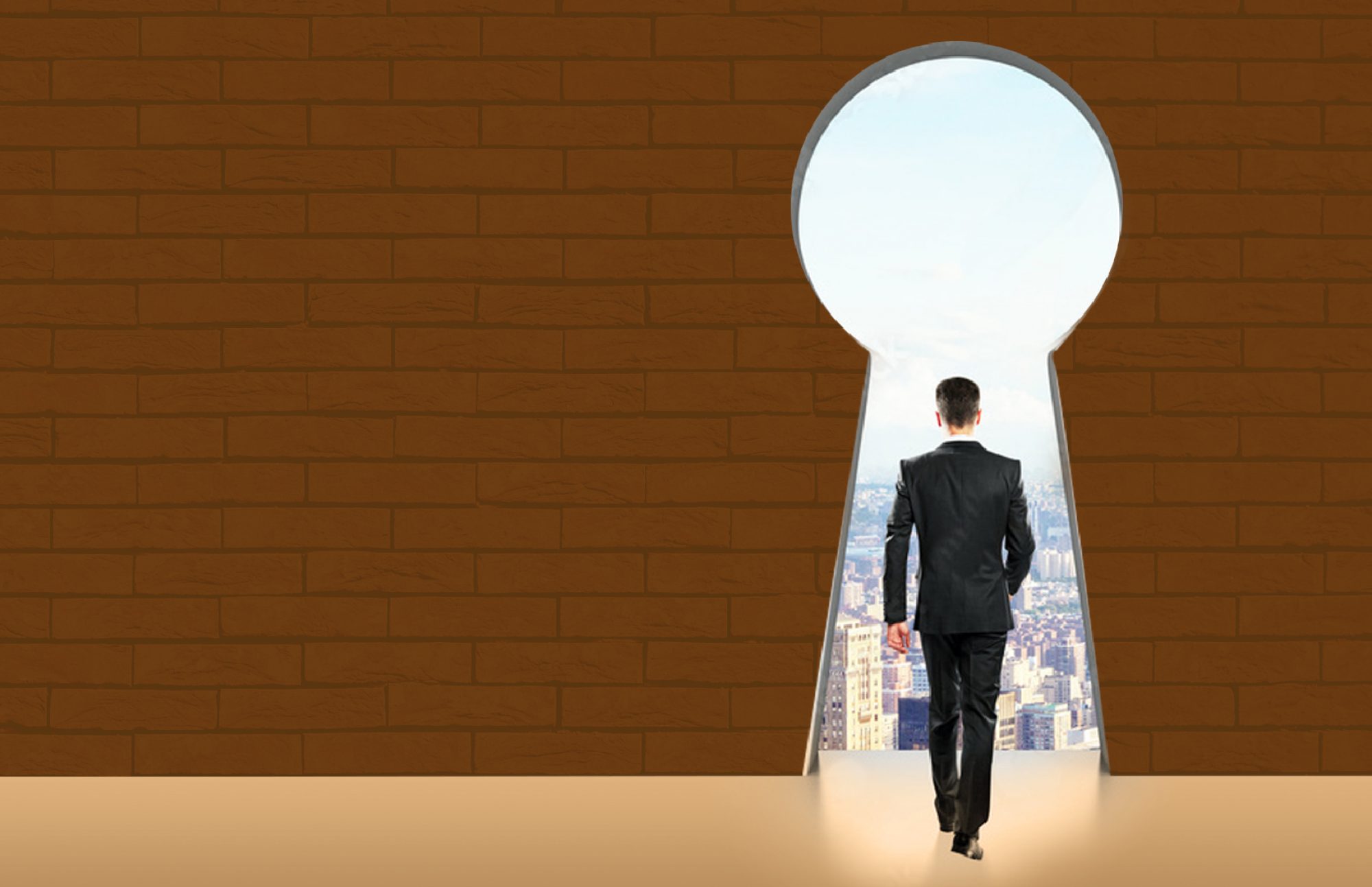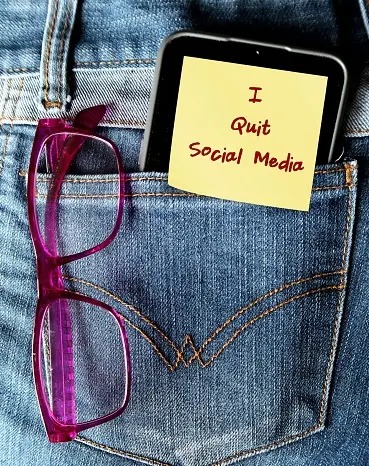Social networks have arrived like a tsunami into our lives, radically modifying not only the way we communicate with others, but also how we enjoy our leisure time. Today, many people – young and not so young – show obvious signs of addiction to these platforms to which they dedicate much more time than they would like.
And although we know that these virtual spaces are specially designed so that we get hooked on them and have mechanisms that reinforce that dependence, what is behind the people who fall into their clutches in an excessive way, dedicating too much time to them, neglecting their obligations or even giving up plans in the “real world”? Well, today we would like to address this issue that, as we said, not only affects young people but people of all ages.
What is social media addiction?
Social media addiction refers to the compulsive and excessive use of social networking platforms, leading to negative impacts on one’s physical and mental well-being. Individuals addicted to social media often find themselves spending an inordinate amount of time scrolling through feeds, posting updates, and seeking validation through likes and comments.
This addictive behavior can result in disrupted sleep patterns, diminished productivity, and strained real-life relationships. The constant need for social validation and fear of missing out (FOMO) contribute to the addictive cycle. Recognizing the signs of social media addiction is crucial for fostering a healthy balance between online and offline life and promoting overall well-being.
What are the types of social media addiction?
Social media addiction is a growing concern in today’s digital age, with individuals often finding themselves immersed in virtual platforms to an unhealthy extent. Several types of social media addiction can be identified, each characterized by distinct behaviors and consequences.
Compulsive Checking:
One common type of social media addiction involves compulsively checking social media platforms. Individuals may feel an incessant need to refresh their feeds, respond to notifications, or browse through content, leading to a constant state of distraction from real-life activities.
Validation Seeking:
Social media platforms often serve as arenas for seeking validation through likes, comments, and shares. Individuals addicted to this form of validation may constantly post updates, photos, or status messages, and their self-worth becomes intricately linked to the online approval they receive.
FOMO (Fear of Missing Out):
FOMO-driven social media addiction is characterized by a persistent fear of missing out on social events, trends, or news. Individuals may spend excessive time scrolling through feeds to stay abreast of the latest updates, often at the expense of real-world experiences.
Cyberbullying and Trolling:
Some individuals become addicted to the negative aspects of social media, engaging in cyberbullying or trolling. The anonymity provided by online platforms can amplify aggressive behavior, as individuals derive satisfaction from causing emotional distress to others.
Escapism:
Social media can serve as an escape from real-life challenges or boredom. Those addicted to social media for escapism may spend hours in a virtual world, avoiding responsibilities and facing difficulties in the real world.
Comparative Socializing:
Social media addiction can manifest as an unhealthy habit of constantly comparing one’s life to others. This type often leads to feelings of inadequacy and low self-esteem as individuals measure their success, appearance, or achievements against the curated online personas of their peers.
Physical and Mental Health Implications
Social media addiction can have severe physical and mental health consequences, including sleep disturbances, eye strain, anxiety, and depression. The constant exposure to curated content and comparison can contribute to a distorted sense of reality.
Social networks: an addiction that is not perceived as such
A few months ago, actress Kate Winslet spoke about addiction to social networks in the speech she gave when collecting the Bafta award for her role in ‘I am Ruth’, a film in which she plays, precisely, a mother whose daughter is caught in the net.
That this speech went viral in record time shows that, finally, there is some concern about this issue. Because until now, something similar happened with social media addiction to what happened with addiction to video games or shopping: they were not perceived as such as they did not pose a danger that directly threatened the physical health of those who suffered from it. , as happens with addiction to drugs, alcohol or even gambling. For this reason, it was downplayed, no attention was paid to it and for some it was not even considered an addiction. However, every day there are more people who are aware that they suffer from this problem or that someone around them suffers from it.
Factors that influence addiction to social networks.
1.- Lack of a stable and structured schedule:
A stable, healthy and balanced life requires schedules and those who do not have them are much more likely to fall into the clutches of social networks, since they will have more free time or more disorganized time (which they will normally end up wasting on the Internet).
2.- Lack of self-esteem and constant search for validation:
Many people have become hooked on the rapid feedback they receive on social networks in the form of likes, shares, retweets… The result is an addiction to social networks that responds to a toxic dynamic, based on the constant search for popularity, acceptance and validation. When it occurs, it generates euphoria and false happiness, but when it does not arrive, it can cause anguish, anxiety, sadness, emptiness…
3.- Lack of willpower and self-control:
Many people who procrastinate their obligations by being on social networks are unable to avoid it. There is a lack of self-control and willpower that prevents them from stopping consuming social networks or doing so only at specific times. They give free rein to their impulse and can spend hours going from one social network to another without being able to put the brakes on it and stop this behavior that is very anxious, obsessive and compulsive.
4.- Lack of vital objectives, boredom and orbiting:
Everything goes together: when a person lacks vital objectives, does not have goals to fight for, does not have any passion or hobby with which to fill his or her time, the easiest way to do it will be with social networks: entertainment within reach of the hand.
How to decrease social media use
Reducing social media usage is a commendable goal for those seeking a healthier balance in their lives. Excessive social media consumption can contribute to feelings of anxiety, depression, and decreased productivity. To effectively decrease social media use, consider implementing the following strategies.
- Firstly, establish clear boundaries by setting specific time limits for social media usage. Use features provided by platforms or third-party apps to monitor and restrict the amount of time spent online. Creating a daily schedule that designates specific periods for social media can help break the habit of constant scrolling.
- Secondly, prioritize real-world connections. Actively engage in face-to-face interactions with friends, family, and colleagues. Schedule activities that involve physical presence and limit the reliance on virtual communication. This not only strengthens personal relationships but also reduces the need for constant online validation.
- Thirdly, declutter your digital space. Unsubscribe from unnecessary notifications and organize your apps to minimize distractions. Consider deleting apps that contribute less to your well-being and keeping only those that add genuine value to your life.
- Additionally, cultivate new hobbies and interests. Engaging in activities that stimulate your mind and body can provide a sense of fulfillment outside the digital realm. This could include reading, sports, art, or volunteering. Investing time in personal growth and skill development helps redirect focus away from social media.
- Moreover, practice mindfulness. Be conscious of the time spent on social media and its impact on your well-being. Consider incorporating mindfulness techniques, such as meditation or deep breathing, into your daily routine to enhance self-awareness and reduce the impulse to mindlessly scroll.
- Lastly, seek support from friends or join online communities that promote a balanced approach to technology use. Sharing your goals and progress with others can provide accountability and encouragement.
IS SOCIAL MEDIA ADDICTION A THREAT TO SOCIETY?
Social media addiction poses a significant threat to society as it permeates various aspects of daily life. The incessant use of platforms like Facebook, Instagram, and Twitter can lead to detrimental effects on mental health, fostering feelings of inadequacy, anxiety, and depression. The constant need for validation through likes and comments can create a distorted sense of self-worth.
Moreover, excessive social media consumption may contribute to the spread of misinformation, polarization, and cyberbullying, further dividing communities. As individuals become increasingly absorbed in virtual worlds, genuine face-to-face interactions decline, potentially eroding essential social skills. Addressing this issue is crucial to fostering healthier, more connected societies in the digital age.
Conclusion
This addiction is aggravated in cases in which another current phenomenon appears: orbiting. It occurs when a person disappears from someone’s real life but not from their digital life. For example, ex-partners with whom there is no longer a physical relationship, but who maintain a clearly maladaptive interaction through social networks. The desire to know what that person says, to respond to their messages, to see if they interact with their publications… is what makes many people hooked on them if they have nothing better to do.

